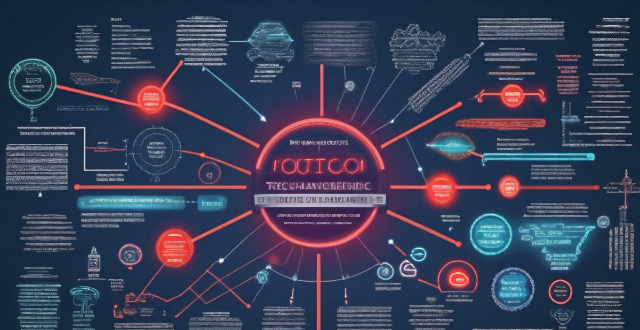Clean production technologies are vital for sustainable development as they reduce environmental impact, conserve resources, and foster economic growth. They minimize pollution, preserve biodiversity, enhance resource efficiency, promote economic benefits, and advance social well-being. By adopting these technologies, societies can achieve a more sustainable future that balances environmental integrity, economic growth, and social equity.

How Clean Production Technologies Contribute to Sustainable Development
Clean production technologies play a crucial role in promoting sustainable development by reducing environmental impact, conserving resources, and fostering economic growth without compromising future generations' ability to meet their needs. Here's how they contribute:
Minimizing Environmental Impact
_Reducing Pollution_
- Emission Control: Clean technologies help in controlling air emissions like CO2, SOx, NOx, and particulate matter.
- Waste Minimization: They reduce the generation of hazardous waste, thereby decreasing the need for waste disposal.
_Conserving Biodiversity_
- Habitat Protection: By minimizing land use changes and pollution, clean technologies help protect natural habitats.
- Species Preservation: Avoiding toxic substances prevents harm to various species, maintaining ecological balance.
Enhancing Resource Efficiency
_Optimizing Energy Use_
- Energy Efficiency: Clean technologies often require less energy to produce the same output, saving resources.
- Renewable Energy: Promoting the use of solar, wind, hydro, and other renewable sources reduces dependence on fossil fuels.
_Reducing Material Consumption_
- Resource Productivity: More efficient use of materials means fewer raw resources are needed for production.
- Circular Economy: Encouraging recycling and reuse closes loops in material flows, reducing the need for new inputs.
Promoting Economic Benefits
_Cost Savings_
- Reduced Input Costs: Less energy and material consumption leads to lower input costs for businesses.
- Avoided Costs: Avoiding penalties from regulations and reducing liability from pollution incidents saves money.
_Innovation and Job Creation_
- Technological Advancement: The development of clean technologies spurs innovation across industries.
- Green Jobs: The sector creates new employment opportunities in green technology, engineering, and management.
Advancing Social Well-being
_Improved Public Health_
- Air Quality: Less air pollution results in reduced respiratory illnesses and improved overall health.
- Safe Workplaces: Cleaner production methods create safer work environments with fewer health hazards.
_Enhanced Quality of Life_
- Environmental Amenities: Clean technologies help preserve landscapes, waterways, and recreational areas.
- Sustainable Communities: Supporting local economies and reducing environmental stresses promotes stable and thriving communities.
In conclusion, clean production technologies are integral to sustainable development as they align environmental integrity, economic growth, and social equity. By adopting these technologies, societies can move towards a more sustainable future where the health of our planet is maintained while still providing for the needs of its inhabitants.